Decision Engine Software is a fundamental component of many modern organizations. It plays a crucial role in automating decision-making processes and improving efficiency. In this blog, we will explore what decision engine software does and its significance in various industries.
At its core, decision engine software simplifies and streamlines complex decision-making procedures by applying predefined rules and criteria. These rules guide the software in making choices based on specific input data, resulting in more consistent, accurate, and rapid decision outcomes.
This blog will provide a clear understanding of decision engine software by breaking down its functions and importance in a straightforward and accessible manner. We will also delve into practical examples, showcasing how it is utilized across different industries to optimize decision processes.
What Does Decision Engine Software Do?
Decision Engine Software is a vital tool that streamlines and automates decision-making processes within organizations. Its primary function is to expedite and enhance decision outcomes based on predefined rules and criteria. Here's a breakdown of what decision engine software does:
- Decision Management and Automation: Decision management software takes on the responsibility of managing complex decision processes. It automates tasks that were traditionally done manually, reducing the margin for human error and the time needed for decision-making.
- Rules Engine Functionality: Decision rules engine software relies on a set of rules and criteria to make decisions. These rules are defined by users or organizations based on their specific requirements. The software then applies these rules to incoming data, ensuring consistency in decision outcomes.
- Decision Engine Software in Decision-Making: It is utilized in various decision-making scenarios, from approving loan applications in the financial sector to assessing medical diagnoses in healthcare. By analyzing data and applying rules, it helps in making informed choices swiftly and accurately.
- Role in Business Processes: Decision engine software seamlessly integrates into existing business processes. It can be used in supply chain management, customer relationship management, and other operational areas to optimize decisions throughout an organization.
Why a Business Needs a Decision Engine?
A business decision management system functions by automating and optimizing decision-making processes. It utilizes a set of predefined rules and algorithms to analyze data and make decisions. These decisions can range from simple operational choices to complex strategic ones. By integrating with a business's data systems, a decision engine can process large volumes of data, identify patterns, and make informed decisions efficiently. It reduces manual intervention, speeds up processes, and ensures consistency in decision-making. This tool is particularly valuable in areas like customer service, finance, and operations where quick, data-driven decisions are crucial.
Decision engine software simplifies decision-making by automating tasks, ensuring consistency, and expediting the decision-making process. It plays a vital role in enhancing efficiency and accuracy across diverse industries, making it an indispensable tool in the modern business landscape.
How a Decision Engine Software works?
The Decision Engine software’s framework typically involves a structured approach to automate and enhance decision-making processes within a business. This framework usually encompasses several key elements:

- Data Integration: The decision engine integrates with various data sources, gathering necessary information for decision-making.
- Rule Management: Users define and manage a set of rules or criteria that the decision engine will use. These rules are based on business logic and objectives.
- Algorithmic Processing: The engine employs algorithms to process the input data. These algorithms can range from simple if-then-else logic to complex machine learning models.
- Decision Execution: Based on the analysis, the engine executes decisions, which might include actions like approving a loan, adjusting prices, or sending a customer notification.
- Feedback Loop: The outcomes of these decisions feed back into the system, helping to refine and improve the decision-making rules and algorithms over time.
This framework ensures that decision-making is consistent, efficient, and aligned with the strategic goals of the business.
Different Types of Decision Engine Software
Decision engine software can be classified into a variety of types, based on their features and capabilities. Some of the most common types of decision engine software include:
- Business rules engines: Business rules engines are designed to automate the execution of business rules. Business rules are statements that define how a business should operate in response to certain events or conditions. For example, a business rule might state that all customers with a credit score above 700 should be approved for a loan. Business rules engines can be used to automate a variety of business processes, such as credit approval, fraud detection, and order processing.
- Decision management systems (DMS): DMS are more comprehensive solutions than business rules engines. DMS typically include a business rules engine, as well as tools for managing decision models, decision services, and decision performance. DMS can be used to model and manage complex decision-making processes that involve multiple business rules and decision models.
- Decision support systems (DSS): DSS are designed to provide users with information and tools to support their decision-making. DSS typically include features such as data analysis, modeling, and simulation. DSS can be used to make a variety of decisions, such as strategic planning, product development, and marketing campaigns.
- Intelligent decision engines: Intelligent decision engines use artificial intelligence (AI) and machine learning (ML) to automate decision-making. Intelligent decision engines can learn from historical data to identify patterns and trends. This information can then be used to make better decisions in the future. Intelligent decision engines are often used in complex and dynamic environments, such as fraud detection and risk management.
- Predictive analytics platforms: Predictive analytics platforms use AI and ML to make predictions about future events. These predictions can then be used to support decision-making. Predictive analytics platforms are often used in industries such as marketing, sales, and finance.
- Machine learning platforms: Machine learning platforms provide users with tools to develop and deploy machine learning models. Machine learning models can be used to make a variety of predictions, such as customer churn, product demand, and fraud risk. Machine learning platforms are often used in industries such as finance, healthcare, and retail.
In addition to these general categories, there are also a number of specialized types of decision engine software. For example, there are decision engines that are specifically designed for credit approval, fraud detection, risk management, and medical diagnosis.
How Nected works as a Decision Engine Software?
Nected serves as an advanced decision management solution by automating and enhancing decision-making processes in businesses. Here's a detailed breakdown of how Nected functions as a decision engine:
- Data Integration from Diverse Sources:
Nected can integrate with a wide array of third-party data sources, including popular databases like SQL, PostgreSQL, MongoDB, and Redshift.
Additionally, it supports integration through REST APIs, enabling connections with external databases and diverse data environments. - Rule-Based Decision Making with Varied Rule Types:
Users can define rules in Nected using different rule types suited to various scenarios.
For straightforward decision flows, a 'SimpleRule' can be implemented, whereas more complex decision matrices might require a 'DecisionTable'.
For intricate scenarios involving multiple decision-making layers, 'Ruleset' allows for the combination of various rules in a structured manner. - Automated Decision Processes for Efficiency:
Nected automates traditionally manual decision-making tasks, significantly reducing time and human error.
This automation is especially beneficial in scenarios like loan approvals or customer segmentation, where decisions need to be made rapidly and consistently. - Adaptability Across Industries:
Nected is versatile enough to be applied across various industries, from finance and healthcare to e-commerce.
In finance, for example, it can automate credit scoring; in healthcare, it might assist in patient triage or treatment decision-making. - Real-time Decision Making:
The platform is capable of analyzing incoming data in real-time, applying predefined rules to make immediate decisions.
This is crucial in environments like stock trading or dynamic pricing in retail, where decisions need to reflect current market conditions.
How to create a decision table in Nected?
Creating a DecisionTable rule in Nected involves very simple steps:
- Access Rules Page: Log in to Nected and select "Rules" from the navigation panel.
- Select DecisionTable Rule: Click "+ Create Rule" and choose "DecisionTable".
- Define Rule Information: Name your rule, provide a description, and select the environment (Staging or Production).
- Set Rule Policy: Choose a policy (First, Unique, Collect, Order) that dictates how the rule executes.
- Add Source: Decide on the data source, which can be custom input parameters, a dataset, or a combination of both.
- Define Rule Conditions: Configure row conditions, using operators and values to set criteria for your rule.
- Results and Actions: Specify what actions the rule should perform when conditions are met.
- Testing: Test the rule in a staging environment to ensure it works as expected.
- Publish: Once satisfied, publish the rule to make it live.
- API Access: Access and execute your rules via Nected's API for integration with other systems.
This process allows you to leverage Nected's powerful DecisionTable for complex decision-making scenarios, where multiple conditions and outcomes need to be managed efficiently.
For more detailed guide, follow the official documentation of Decision Table.
So in summary, Nected’s functionality as a decision engine is marked by its ability to connect with a variety of data sources, its flexibility in rule creation, and its capacity to automate and expedite decision-making processes across different sectors, making it an invaluable tool in the realm of modern business decision-making.
Other Decision Engine Software:
To gain a deeper understanding of how decision engine software operates in real-world scenarios, let's explore some prominent examples, including the notable inclusion of Nected:
- IBM Watson Decision Optimization:IBM Watson Decision Optimization is a decision engine software that caters to the optimization of complex decisions. It is widely used in supply chain management, logistics, and operations planning. This software helps organizations make the best decisions to minimize costs, maximize efficiency, and meet business objectives.
- FICO Decision Management Suite:FICO Decision Management Suite is a comprehensive platform used for automating and managing decisions in areas such as risk assessment, fraud detection, and customer engagement. It empowers organizations to make data-driven decisions, enhancing customer experiences while mitigating risks.
- Drools:Drools is an open-source decision engine software used for business rule management and complex event processing. It enables organizations to model and implement decision logic, making it a valuable tool for sectors like insurance, telecommunications, and healthcare.
- SAP Business Rules Management:SAP Business Rules Management is a decision engine software integrated into the SAP ecosystem. It assists organizations in defining and deploying business rules for consistent and automated decision-making across their enterprise applications.
These examples showcase the versatility and adaptability of decision engine software across different industries. Nected, in particular, stands out as a noteworthy solution due to its broad applicability and robust decision-making capabilities. Whether it's optimizing business operations, enhancing customer experiences, or managing risk, decision engine software is a critical component in today's data-driven world.
Here's a difference table between the decision engine software examples mentioned:
| Software | IBM Watson Decision Optimization | Nected | FICO Decision Management Suite | Drools | SAP Business Rules Management |
| Application Areas | Supply chain management, logistics, and operations planning | Versatile, used across various industries including finance, healthcare, and e-commerce | Risk assessment, fraud detection, customer engagement, and more | Business rule management, complex event processing | Integrated into SAP ecosystem for enterprise applications |
| Licensing | Paid | Paid | Paid | Open-source | Paid |
| Customization and Flexibility | Customizable for specific optimization needs | Highly customizable, adaptable to diverse decision scenarios | Offers flexibility in rule management and decision automation | Highly customizable for decision logic modeling | Integration with SAP applications allows for customization |
| Ease of Integration | Can be integrated with other IBM products and services | Integrates smoothly into various systems and workflows | Integrates with various platforms and systems | Integration may require more effort due to open-source nature | Designed for seamless integration with SAP applications |
| Industry-Specific Solutions | Primarily used in logistics and supply chain industries | Provides solutions for a wide range of industries | Offers industry-specific solutions in risk and customer management | Adaptable to multiple sectors | Designed for integration into various enterprise applications |
| Decision Modeling Capabilities | Strong optimization capabilities | Strong decision modeling capabilities | Advanced decision modeling features | Rich set of rule management and complex event processing tools | Suitable for enterprise-level decision modeling |
| Pricing Model | Typically priced based on usage and features | Freemium(Free model+Paid subscription-based on usage) | Pricing varies based on specific needs | Open-source, free to use | Paid subscription-based model |
Now, the choice of the best decision engine software among the examples mentioned ultimately depends on your organization's specific requirements and objectives. If you need a decision engine software that offers versatility and adaptability across diverse industries, Nected emerges as a top contender. Nected excels in its ease of use and understanding while simultaneously offering powerful and scalable decision-making capabilities. It's a paid solution that is highly customizable, integrating seamlessly into various systems and workflows. This flexibility, combined with Nected's broad applicability, positions it as a strong choice for businesses seeking an all-in-one decision engine software that meets a range of needs.
Nected stands out as the best decision engine software for organizations seeking a comprehensive solution that combines ease of use, versatility, scalability, and adaptability across industry-specific needs. It supports a wide array of applications, making it a valuable asset for businesses in sectors like finance, healthcare, and e-commerce, among others. The ability to strike a balance between user-friendliness and advanced decision-making capabilities positions Nected as the go-to choice for those looking to optimize their decision processes effectively.
Conclusion
In conclusion, decision engine software is a fundamental asset for modern organizations seeking to streamline and optimize their decision-making processes. This software empowers businesses to automate decision tasks, ensure consistency, and enhance efficiency. Whether you're operating in the financial sector, healthcare industry, or e-commerce, decision engine software offers a versatile solution that adapts to diverse industry-specific needs.
As we've explored, there are various types of decision engine software available, including free, paid, freemium, and low-code/no-code options. The choice of the right software type depends on your organization's unique requirements, budget, and technical capabilities.
Ultimately, decision engine software plays a pivotal role in decision management, allowing for rule-based, transparent, and auditable decision processes. It's a valuable tool for maintaining regulatory compliance, improving customer experiences, and optimizing business operations. As businesses continue to evolve, the adaptability and efficiency offered by decision engine software make it an indispensable asset in the ever-changing landscape of decision management systems.
FAQs:
Q1. What is an example of a decision engine?
A decision engine is a software application that uses data, analytics, and business rules to automate decision-making. Decision engines are used in a wide variety of industries, including finance, healthcare, retail, and manufacturing.
Here are some examples of decision engines:
- A credit card approval engine uses data about a customer's income, credit history, and other factors to decide whether or not to approve them for a credit card.
- A fraud detection engine uses data about transactions to identify potential fraudulent activity.
- A medical diagnosis engine uses data about a patient's symptoms, medical history, and test results to suggest possible diagnoses.
- A product recommendation engine uses data about a customer's purchase history and browsing behavior to recommend products that they are likely to be interested in.
- A price optimization engine uses data about demand, costs, and competitor pricing to determine the optimal price for a product.
Q2. What does a decision engine Software do?
Decision engine software automates and enhances decision-making processes within organizations. It operates by applying predefined rules and criteria to incoming data, ensuring consistent, accurate, and efficient decision outcomes. This software simplifies decision management, streamlines complex processes, and plays a critical role in industries such as finance, healthcare, and supply chain management.
Q3. What is known as a decision engine?
A decision engine is a software application that uses data, analytics, and business rules to automate decision-making. Decision engines are used in a wide variety of industries, including finance, healthcare, retail, and manufacturing.
Decision engines are also known as:
- Business rules engine
- Decision management system (DMS)
- Decision support system (DSS)
- Intelligent decision engine
- Predictive analytics platform
- Machine learning platform
These terms are all related, but there are some subtle differences between them. For example, a business rules engine is a type of decision engine that is specifically designed to execute business rules. A decision management system is a more comprehensive solution that includes a decision engine, as well as tools for managing business rules, decision models, and decision services.
Q4. What are the examples of decision-based software?
There are many different types of decision-based software, each with its own unique features and capabilities. Here are a few examples:
- Business intelligence (BI) software: BI software provides users with insights into historical and real-time data, which can be used to make a variety of business decisions. BI software typically includes features such as data visualization, reporting, and analytics.
- Customer relationship management (CRM) software: CRM software helps businesses to manage their customer interactions and relationships. CRM software can be used to track customer data, automate marketing and sales processes, and provide customer support.
- Enterprise resource planning (ERP) software: ERP software integrates all of a business's core processes, such as accounting, manufacturing, and sales. ERP software can help businesses to improve efficiency, reduce costs, and make better decisions.
- Supply chain management (SCM) software: SCM software helps businesses to manage the flow of goods and materials through their supply chain. SCM software can help businesses to improve inventory management, reduce costs, and deliver products to customers on time.
- Risk management software: Risk management software helps businesses to identify, assess, and mitigate risks. Risk management software can help businesses to reduce costs, protect their assets, and comply with regulations.
These are just a few examples of the many different types of decision-based software that are available. The best type of software for a particular business will depend on its specific needs and requirements.


.svg)




.png)






.svg.webp)
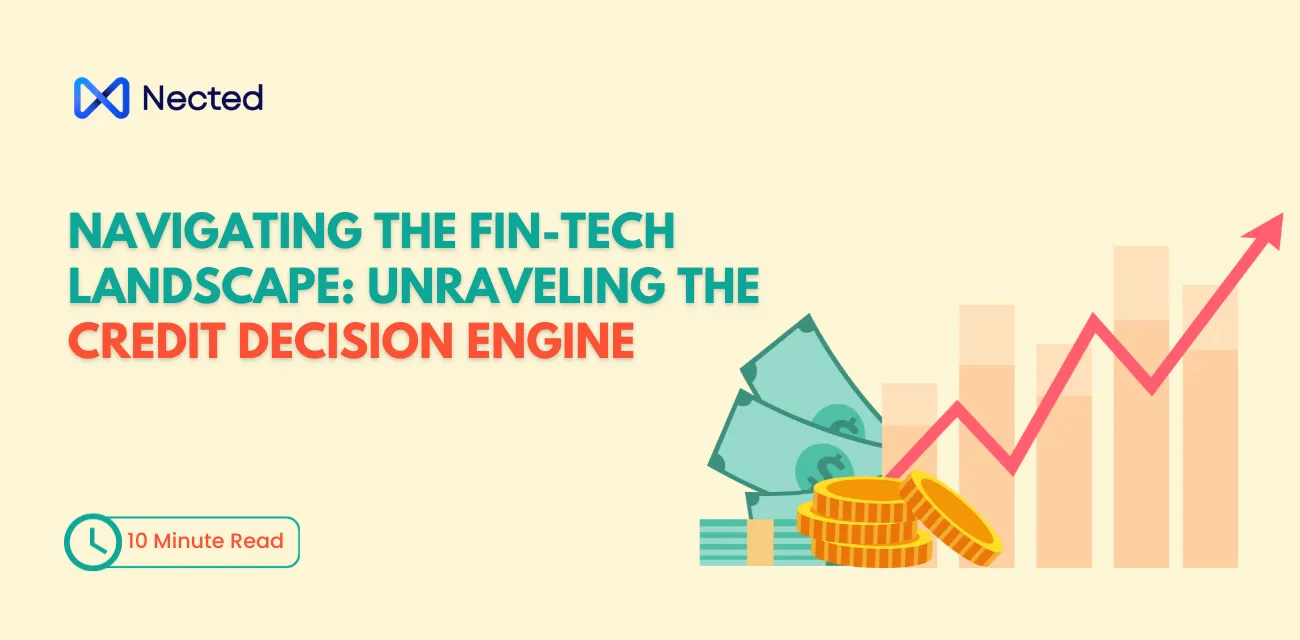

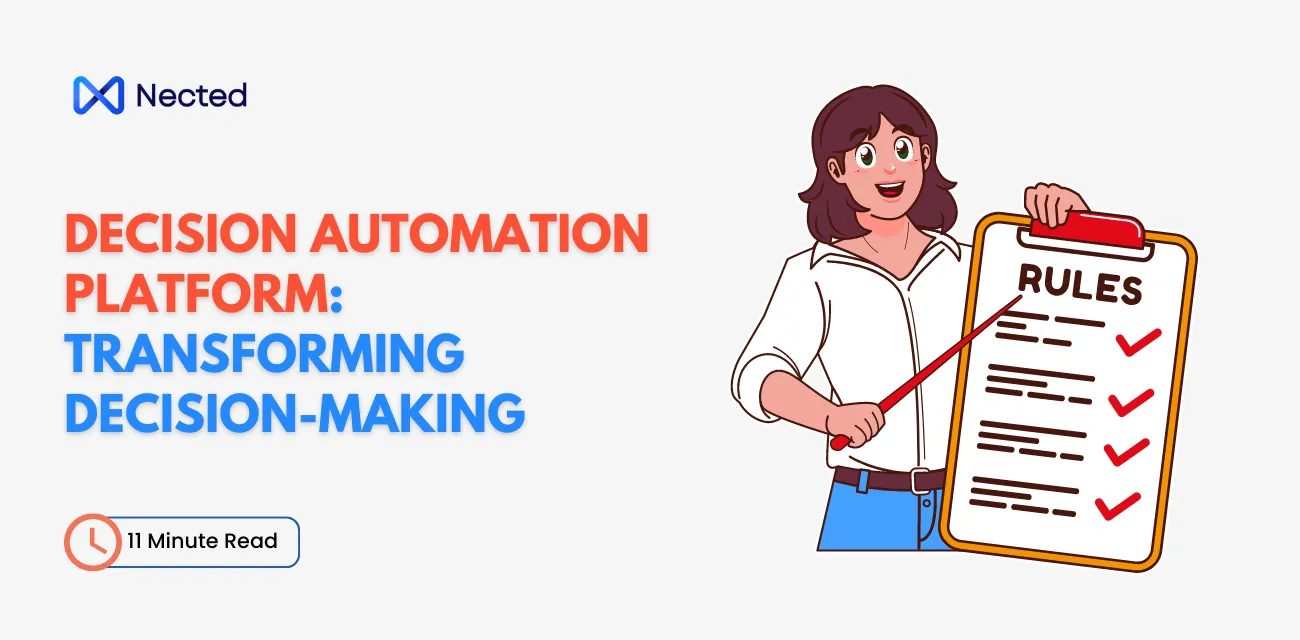

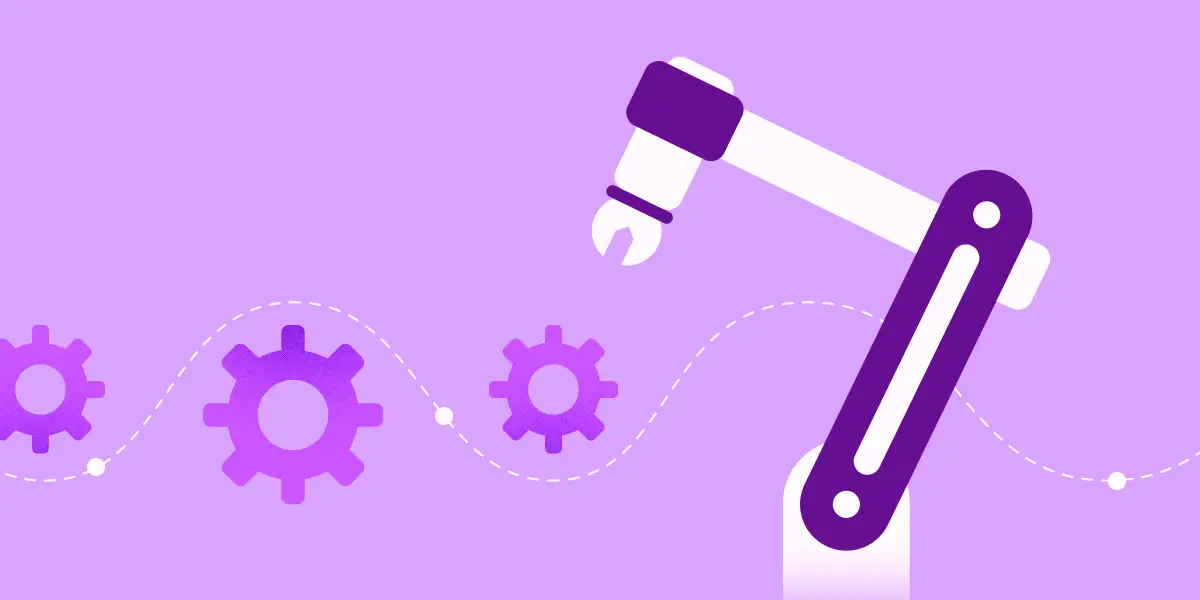

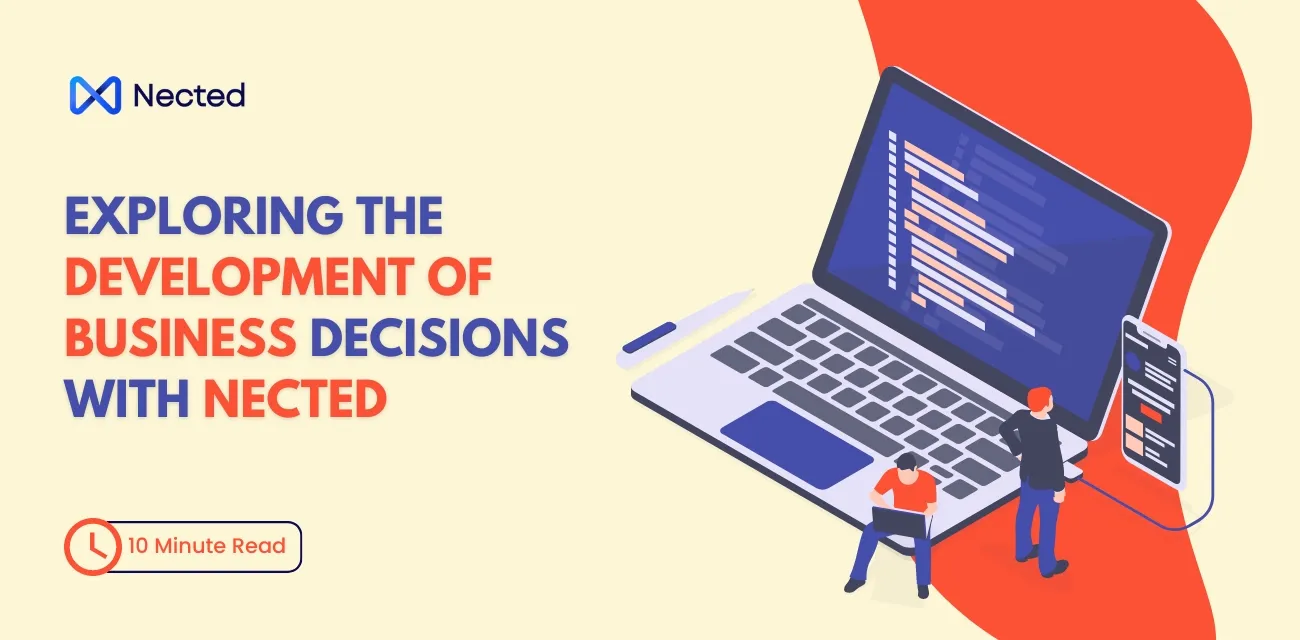
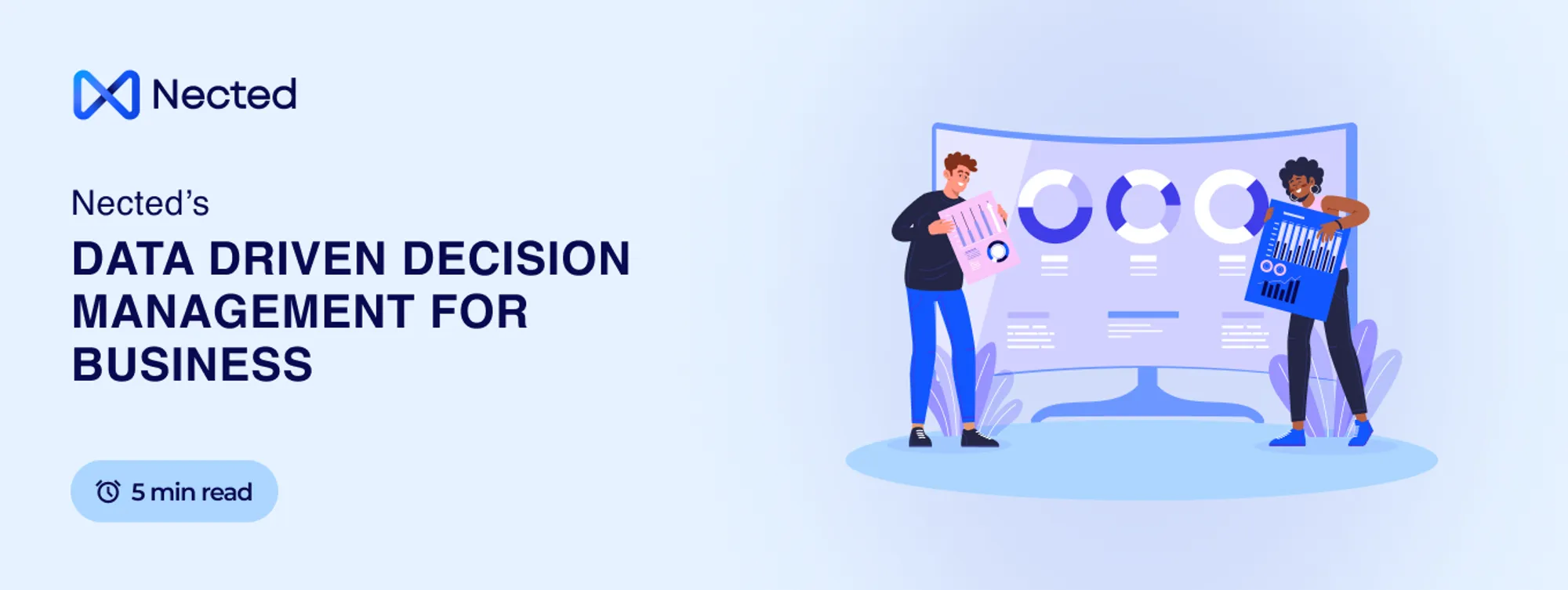

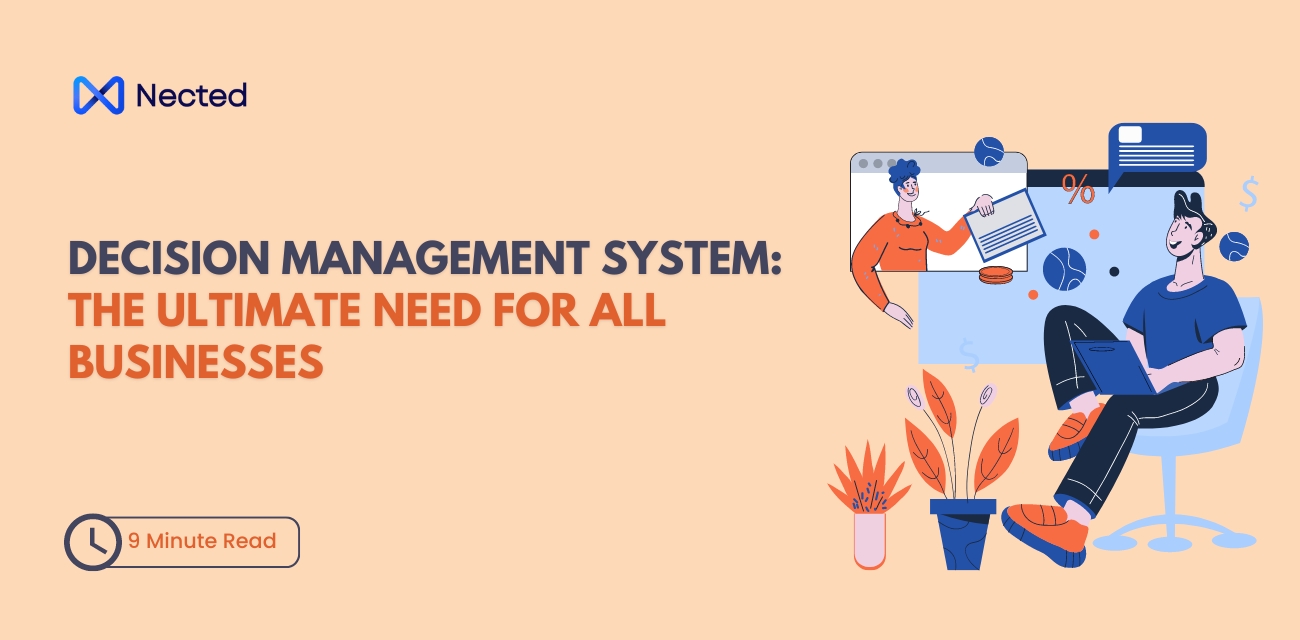
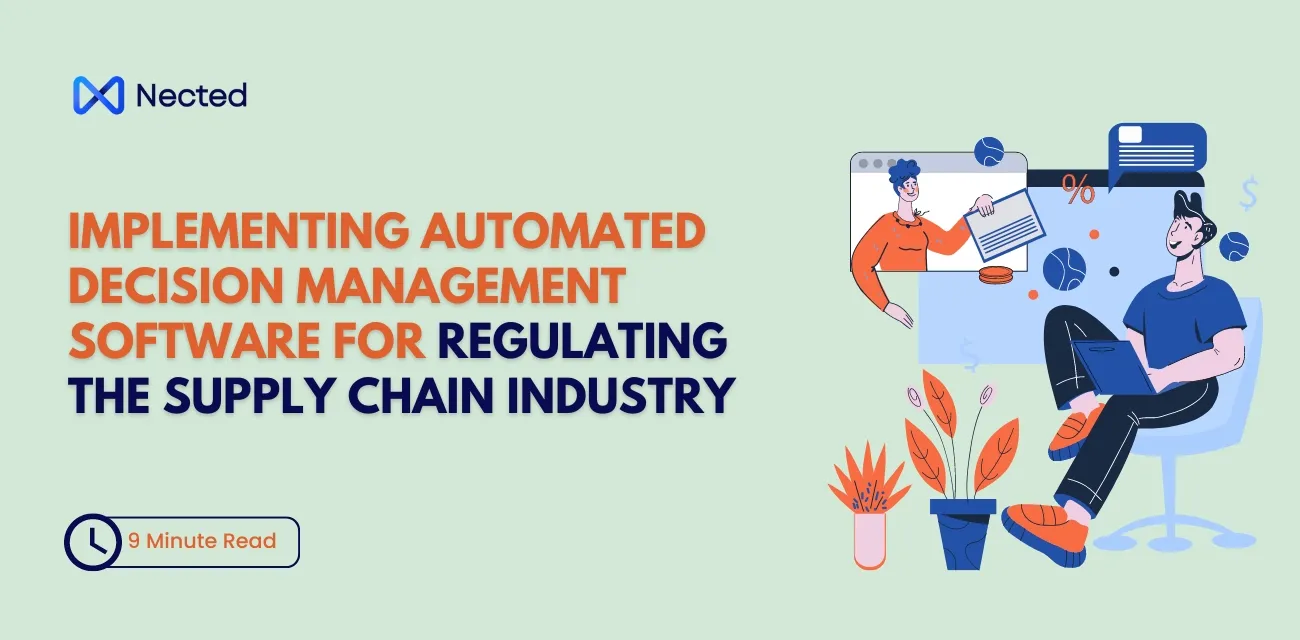
.webp)

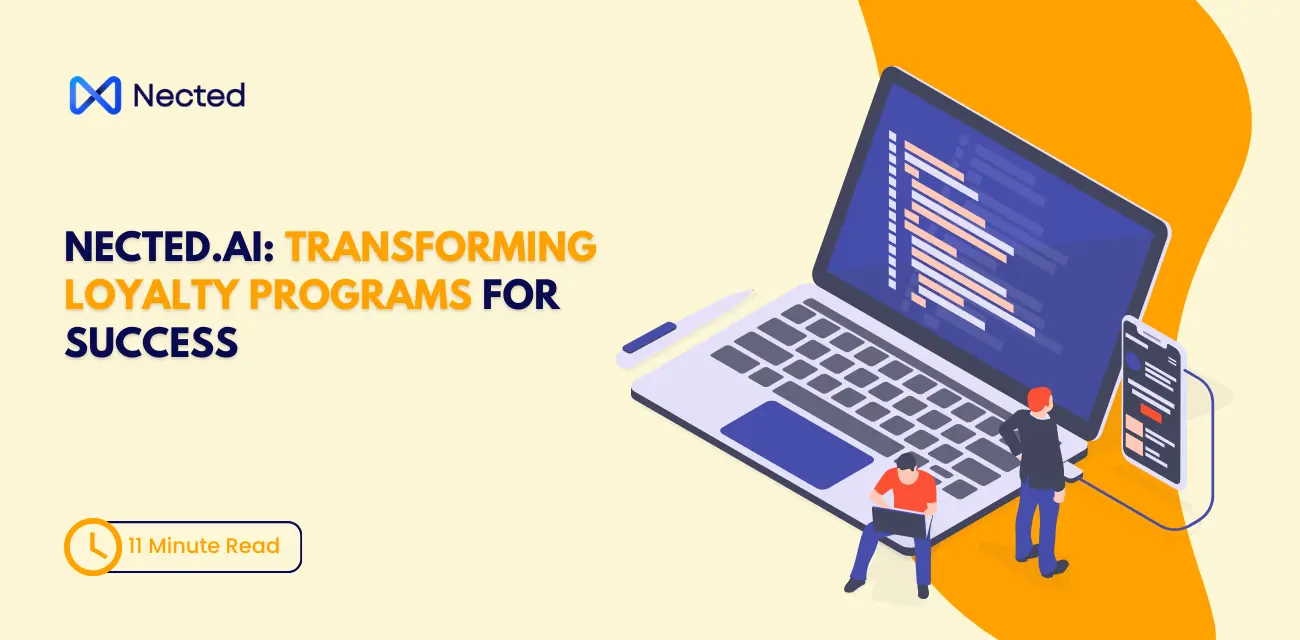
%20m.webp)
.webp)
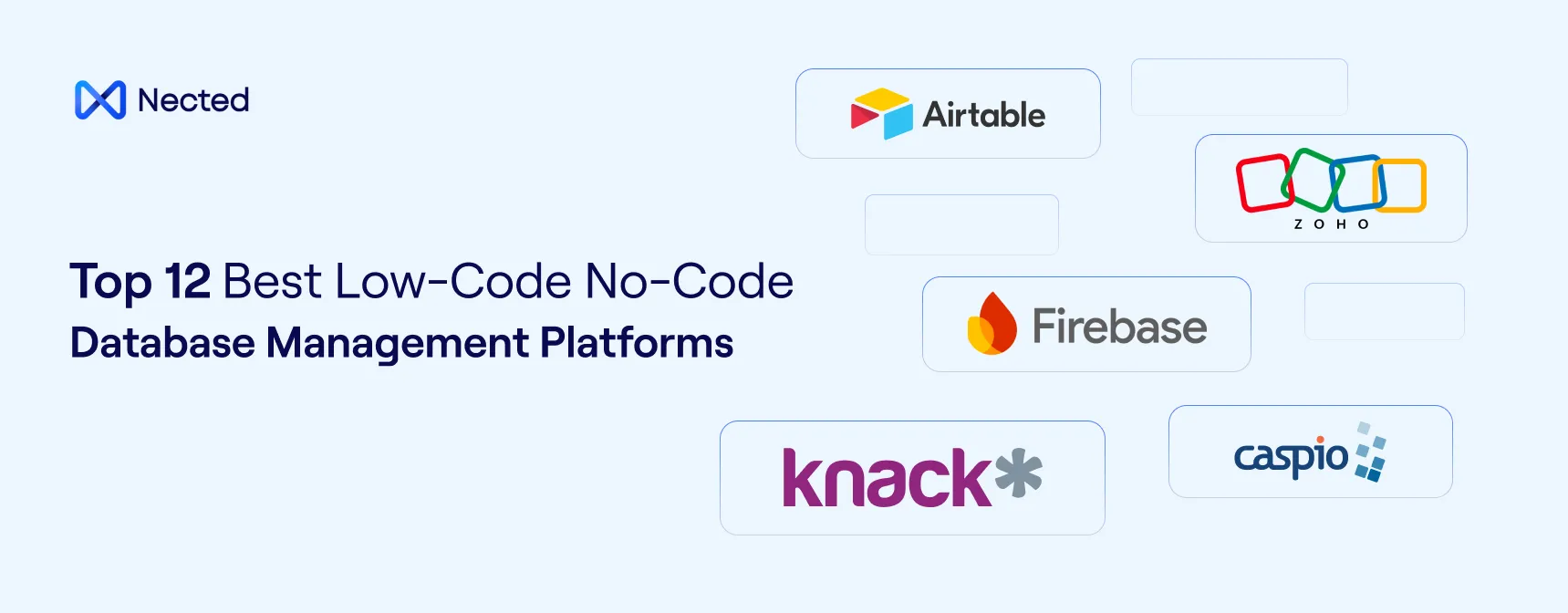

.webp)
.webp)
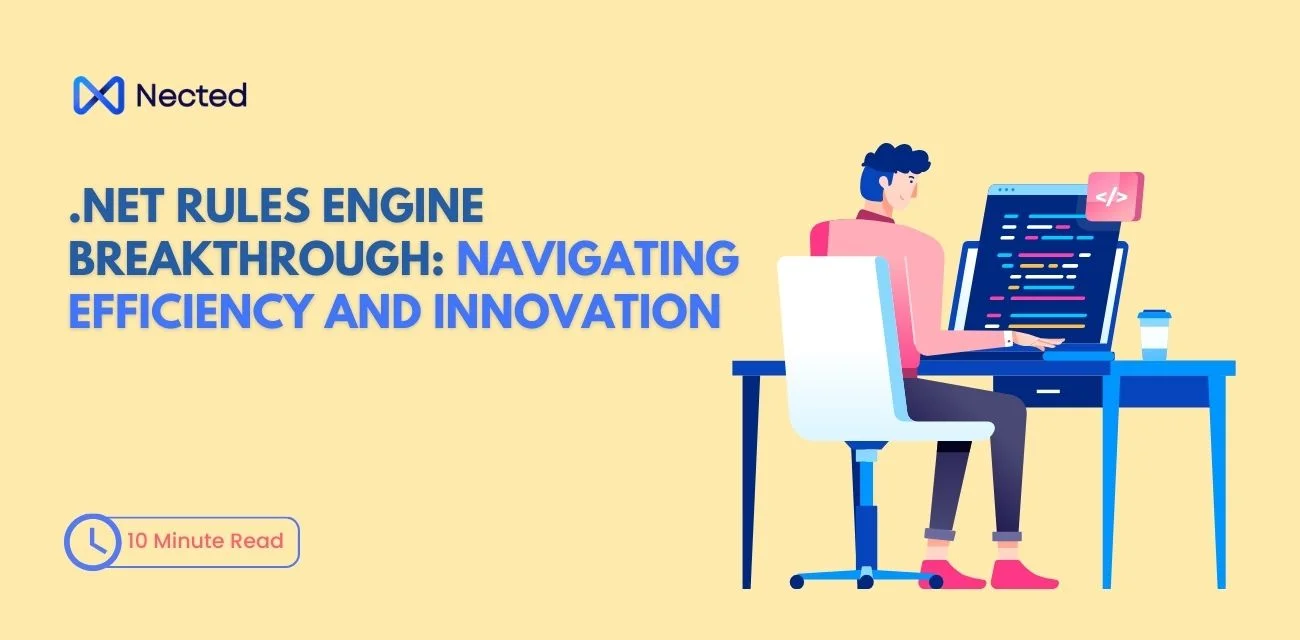
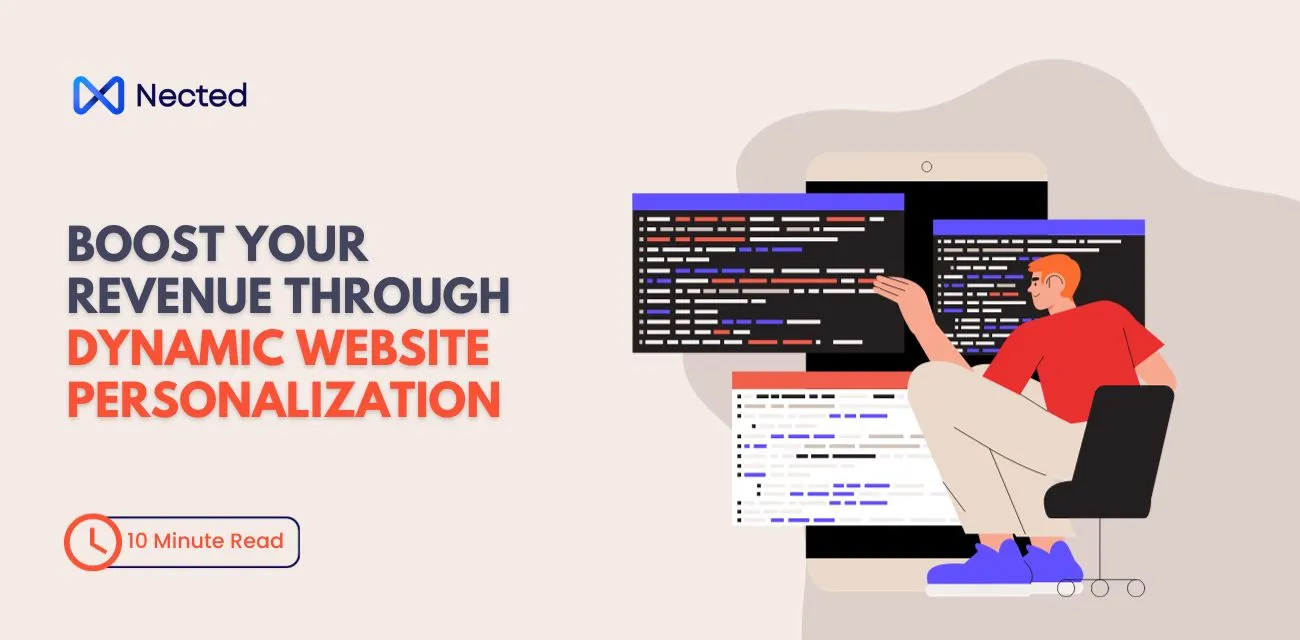
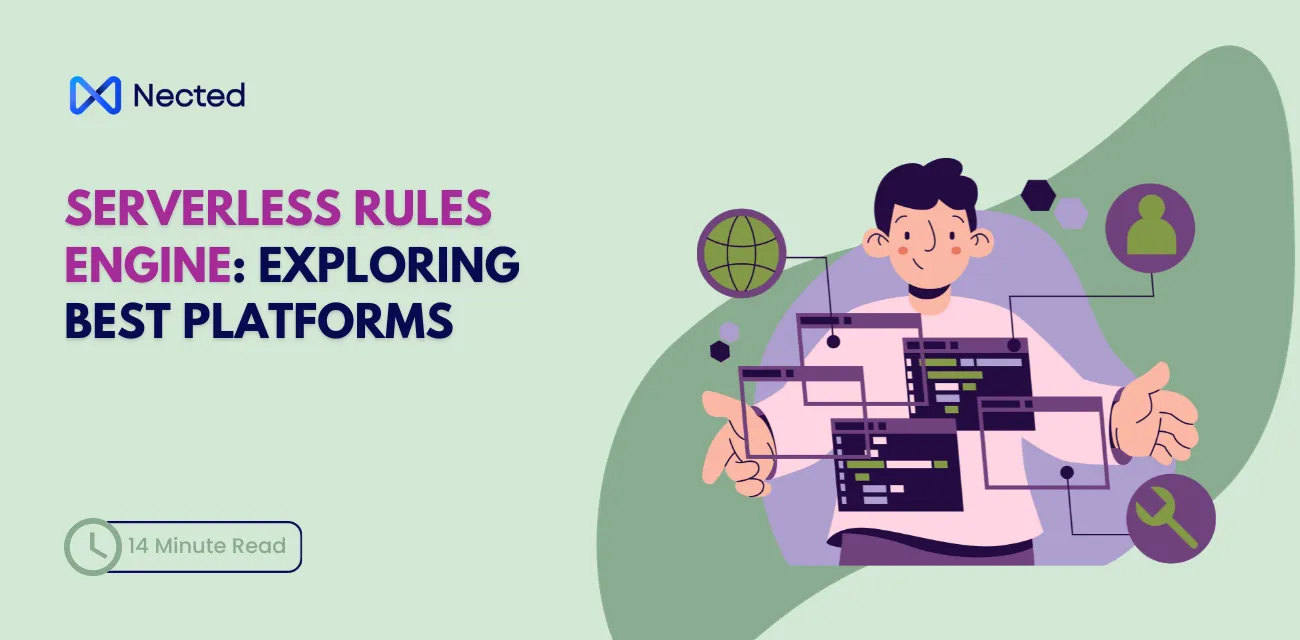



%20(1).webp)
